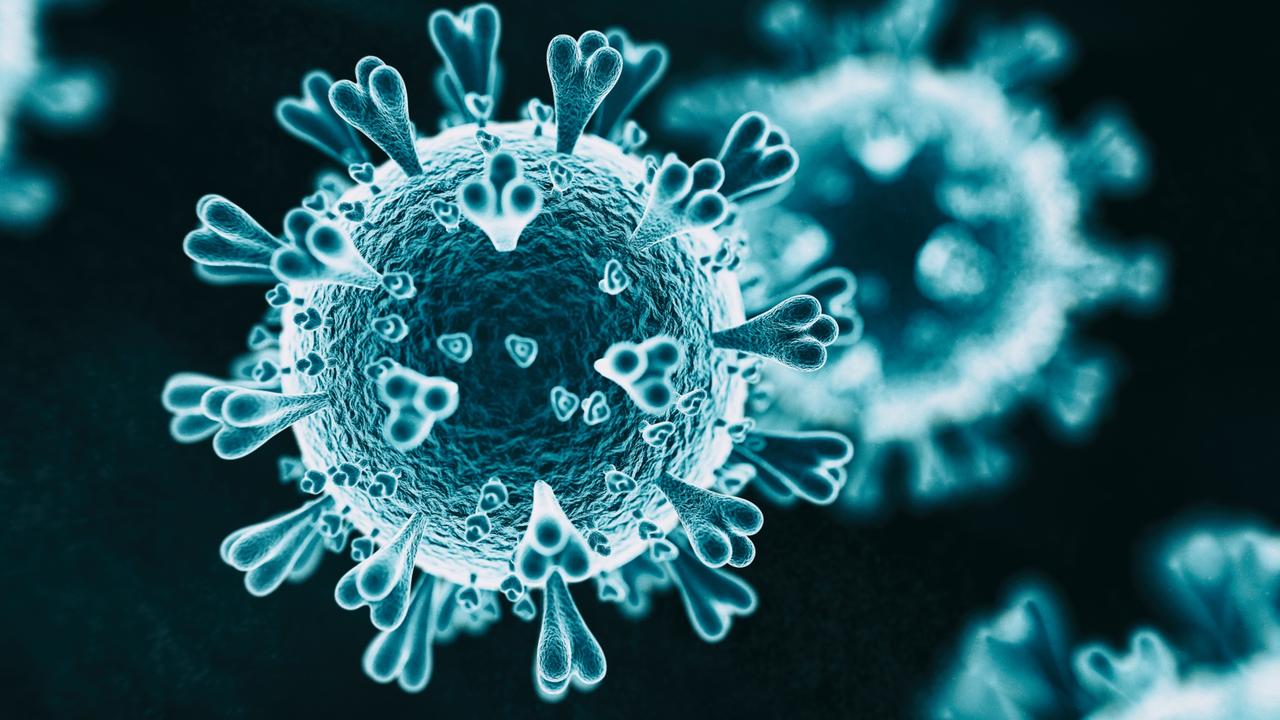Your cart is currently empty!
COVID vaccines linked to heart, brain, and blood disorders Now!


Hey there, folks! If you’re like most of us, you’ve probably heard a lot of chatter about COVID-19 vaccines and their potential side effects. Among the concerns that have popped up recently is the talk about vaccines being linked to slight increases in heart, brain, and blood disorders. Let’s dive deep into this topic and separate fact from fiction.
Understanding the Vaccination Landscape
First things first, it’s essential to understand the context. COVID-19 vaccines have been a game-changer in our fight against the pandemic. They’ve provided hope, protection, and a pathway back to some semblance of normalcy. But like any medical intervention, vaccines can come with side effects, albeit usually mild and temporary.
In recent months, reports have surfaced suggesting a potential association between COVID-19 vaccines, particularly mRNA vaccines like Pfizer-BioNTech and Moderna, and certain rare health issues. These include myocarditis (inflammation of the heart muscle), pericarditis (inflammation of the lining around the heart), Guillain-Barré syndrome (a rare neurological disorder), and thrombosis with thrombocytopenia syndrome (TTS, a blood clotting disorder).
Putting Numbers into Perspective
Now, before we start panicking, it’s crucial to put these reports into perspective. While any adverse event is cause for concern, the overall risk of experiencing these conditions after vaccination remains extremely low. Let’s break it down with some numbers:
- Myocarditis and Pericarditis: According to data from the Centers for Disease Control and Prevention (CDC), as of August 2021, there have been reports of approximately 1,600 cases of myocarditis or pericarditis among people under 30 who received mRNA COVID-19 vaccines in the United States. However, it’s important to note that this represents a tiny fraction of the millions of doses administered, with the vast majority of cases being mild and resolving on their own or with minimal treatment.
- Guillain-Barré Syndrome: The CDC has also received reports of a small number of cases of Guillain-Barré syndrome following vaccination with the Johnson & Johnson COVID-19 vaccine. Again, while concerning, the risk remains exceedingly rare, with fewer than 200 reported cases among over 13 million doses administered.
- Thrombosis with Thrombocytopenia Syndrome (TTS): TTS has been associated primarily with the Johnson & Johnson COVID-19 vaccine and, to a much lesser extent, with the AstraZeneca vaccine used in other countries. As with the other conditions mentioned, the overall risk of TTS remains extremely low, with only a few dozen cases reported among millions of doses administered.
Understanding Risk versus Benefit
When considering these rare side effects, it’s crucial to weigh the risks against the benefits of vaccination. COVID-19 itself poses a significant risk of severe illness, hospitalization, and death, particularly among unvaccinated individuals. By contrast, the risk of experiencing severe side effects from the vaccine is minuscule in comparison.
For the vast majority of people, the benefits of COVID-19 vaccination far outweigh the risks. Vaccination not only provides personal protection against severe illness and death from COVID-19 but also helps to protect vulnerable populations and contribute to community immunity, ultimately bringing us closer to ending the pandemic.
The Importance of Vaccine Safety Monitoring
It’s also worth highlighting the rigorous safety monitoring systems in place to detect and investigate potential vaccine side effects. Organizations like the CDC and the Food and Drug Administration (FDA) continuously monitor vaccine safety through various surveillance systems, including the Vaccine Adverse Event Reporting System (VAERS) and the Vaccine Safety Datalink (VSD).
These systems allow health authorities to rapidly identify and investigate potential safety concerns, enabling them to take appropriate action, such as updating vaccine recommendations or issuing safety alerts. The transparency and accountability of these monitoring efforts help to build public trust and confidence in COVID-19 vaccines and the overall vaccination process.
Moving Forward with Confidence
As we navigate the ongoing challenges of the COVID-19 pandemic, it’s natural to have questions and concerns about vaccines and their potential side effects. However, it’s essential to approach these discussions with a balanced and evidence-based perspective.
While reports of rare side effects like myocarditis, Guillain-Barré syndrome, and TTS may be concerning, it’s crucial to remember that the overall risk of experiencing these conditions after vaccination remains extremely low. The benefits of COVID-19 vaccination in terms of preventing severe illness, hospitalization, and death far outweigh the risks for the vast majority of people.
If you have questions or concerns about COVID-19 vaccines, don’t hesitate to reach out to trusted healthcare professionals or reliable sources of information for guidance. By staying informed and making decisions based on scientific evidence and expert recommendations, we can continue to protect ourselves, our loved ones, and our communities as we work together to overcome the challenges of the pandemic.